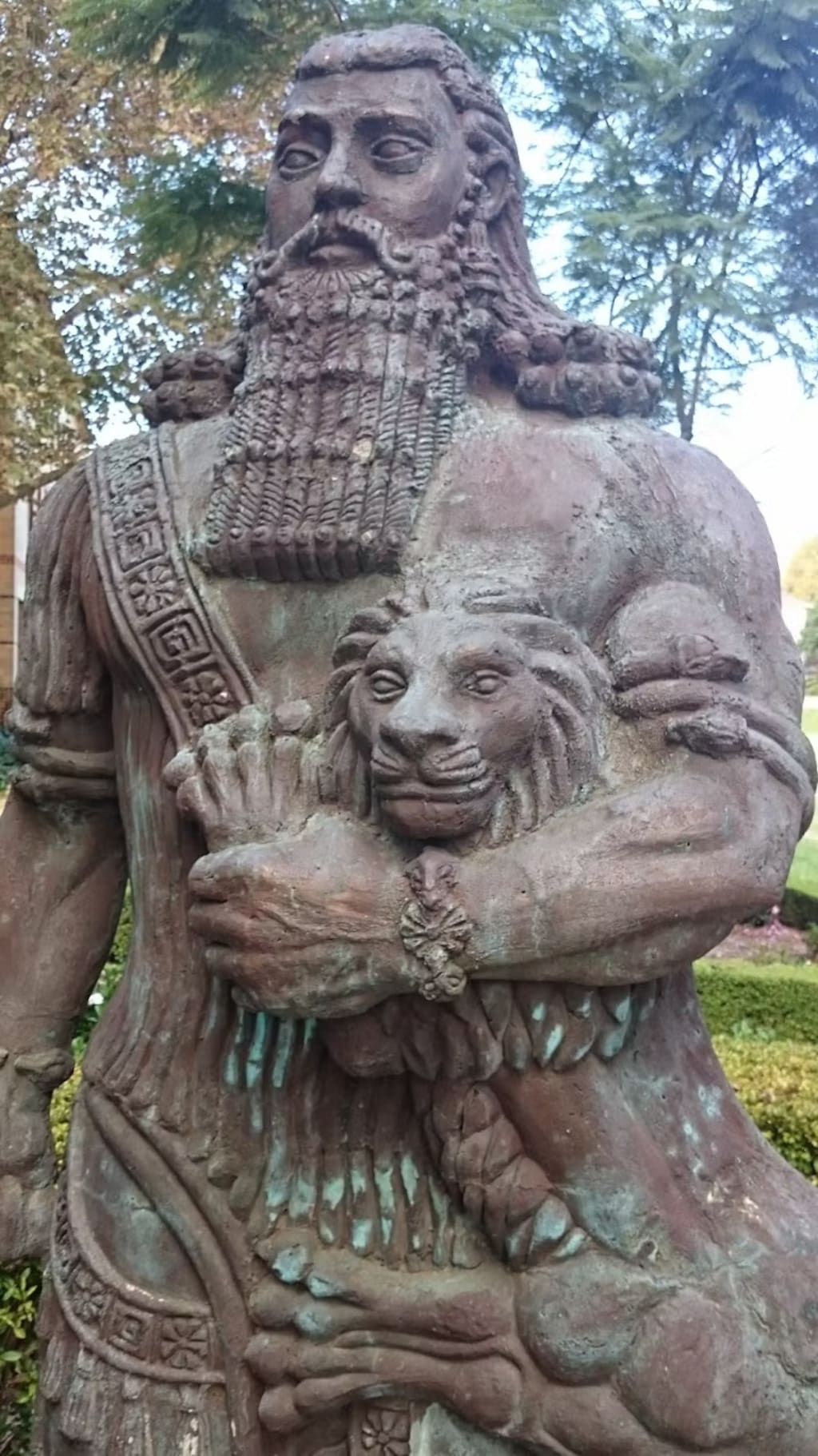
Gilgamesh is one of the earliest recorded epic stories of ancient Mesopotamia. It is a tale of a legendary king of Uruk, who reigned over the city-state around 2700 BCE. The story is considered one of the greatest works of literature from the ancient world, and its influence can still be seen in modern times. In this article, we will explore the fascinating story of Gilgamesh, his heroic deeds, and his legacy that still captivates people across the globe.
1. Introduction
The story of Gilgamesh is an epic poem that dates back to the third millennium BCE. It is widely regarded as one of the earliest works of literature, and it tells the story of a heroic king who ruled over the city-state of Uruk. The epic is a fascinating tale of adventure, love, and tragedy, and it provides us with valuable insights into the culture and beliefs of ancient Mesopotamia.
2. Historical Background
The story of Gilgamesh was written on clay tablets in cuneiform script, the earliest known form of writing. The tablets were discovered in modern-day Iraq in the mid-19th century by British archaeologists. The epic was composed in the Sumerian language, but it was later translated into Akkadian, a language spoken in ancient Mesopotamia.
The story is believed to have been inspired by a real-life king of Uruk, who lived in the third millennium BCE. However, much of the story is fictional, and it is clear that the author(s) took great liberties in creating an entertaining and dramatic narrative.
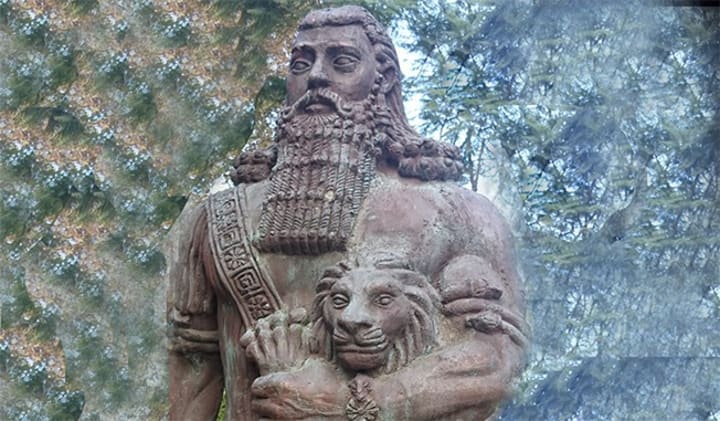
3. The Plot of the Epic
The story of Gilgamesh is divided into five parts: the prologue, the adventures of Gilgamesh and Enkidu, the death of Enkidu, the quest for immortality, and the aftermath.
3.1 The Prologue
The prologue introduces Gilgamesh as a tyrannical king who oppresses his people and abuses his power. The gods, disturbed by his behavior, create a wild man named Enkidu to challenge him.
3.2 The Adventures of Gilgamesh and Enkidu
Enkidu and Gilgamesh meet, fight, and then become friends. They embark on a series of adventures together, including slaying the demon Humbaba and defeating the Bull of Heaven. However, their friendship is tested when they reject the advances of the goddess Ishtar, who unleashes her wrath on them.
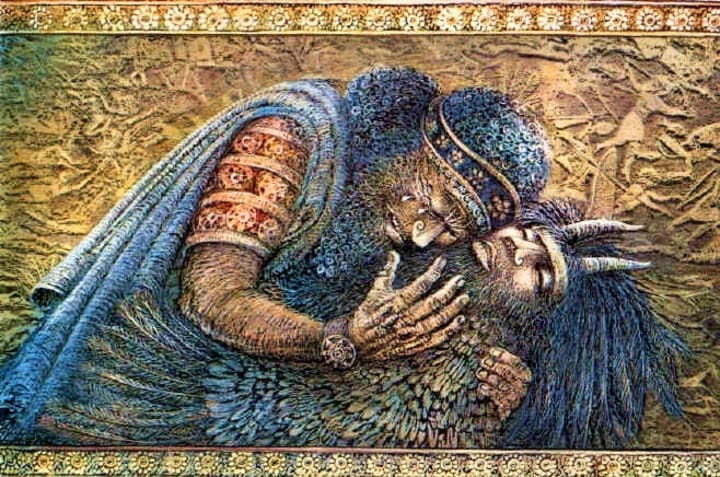
3.3 The Death of Enkidu
Enkidu falls ill and dies, causing Gilgamesh to grieve deeply. He embarks on a quest to find the secret of immortality, hoping to bring his friend back to life.
3.4 The Quest for Immortality (continued)
Utnapishtim tells Gilgamesh that immortality is not something that can be achieved, but rather a gift granted by the gods. However, he offers Gilgamesh a chance to prove himself worthy of immortality by staying awake for seven days and seven nights. Gilgamesh fails the test and returns home empty-handed but with newfound wisdom.
3.5 The Aftermath
Gilgamesh returns to Uruk, a changed man. He realizes the importance of being a good ruler and strives to be a just king. The epic ends with Gilgamesh realizing that although he cannot achieve immortality, his legacy will live on through the great city of Uruk.

4. The Characters of the Epic
The epic is filled with colorful and memorable characters, each with their own unique personalities and motivations.
4.1 Gilgamesh
Gilgamesh is the protagonist of the epic. He is a powerful king who is feared by his subjects and respected by his enemies. However, he is also arrogant and selfish, which leads to his downfall. Through his adventures, he learns the value of friendship, love, and humility.
4.2 Enkidu
Enkidu is a wild man created by the gods to challenge Gilgamesh. He is initially depicted as a savage creature but is transformed by his friendship with Gilgamesh. Enkidu is a loyal friend and a fierce warrior, but his tragic death serves as a reminder of the fragility of life.
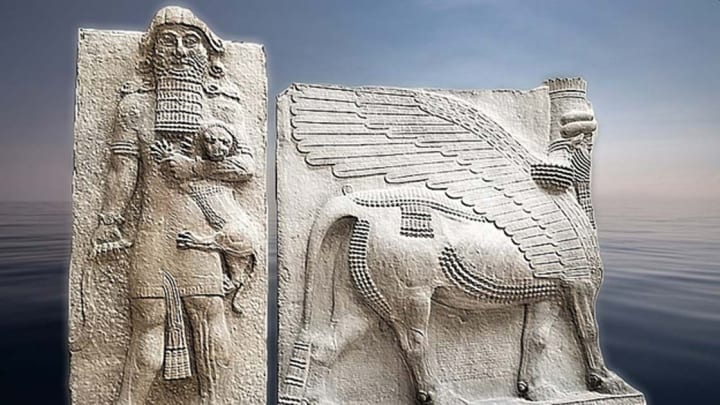
4.3 Ishtar
Ishtar is the goddess of love and war, and she plays a crucial role in the epic. She is infatuated with Gilgamesh and offers to become his lover, but he rejects her advances. Enraged, Ishtar sends the Bull of Heaven to punish Gilgamesh and Enkidu, which leads to their eventual downfall.
4.4 Humbaba
Humbaba is a demon who guards the Cedar Forest. Gilgamesh and Enkidu set out to defeat him, and their victory over the demon is one of the highlights of the epic.
5. The Significance of the Epic
The epic of Gilgamesh is a significant work of literature for several reasons. It provides us with valuable insights into the culture and beliefs of ancient Mesopotamia, including their ideas about death, the afterlife, and the role of kingship. It is also a timeless tale of human struggle, friendship, and the search for meaning in life.
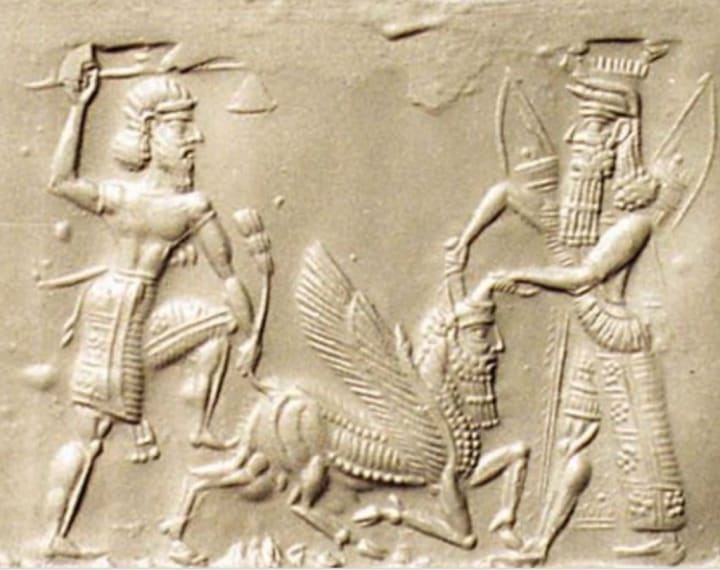
6. The Legacy of Gilgamesh
The epic of Gilgamesh has had a lasting impact on world literature and culture. It has been translated into numerous languages and has influenced works of literature, art, and music throughout history. Its themes of heroism, friendship, and the search for meaning continue to resonate with readers today.
7. Conclusion
The epic of Gilgamesh is a remarkable work of literature that has stood the test of time. It is a tale of adventure, friendship, and the search for meaning that still captivates readers today. Its enduring legacy serves as a testament to the power of storytelling and the human spirit.
About the Creator
Navanithe
I am an enthusiastic, self-motivated, reliable, responsible, and hard-working person. I am a mature team worker and am adaptable to all challenging situations. I am able to work well both in a team environment and on my own initiative.


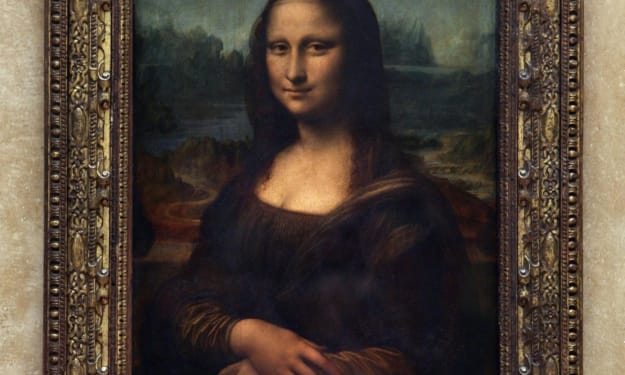



Comments
There are no comments for this story
Be the first to respond and start the conversation.